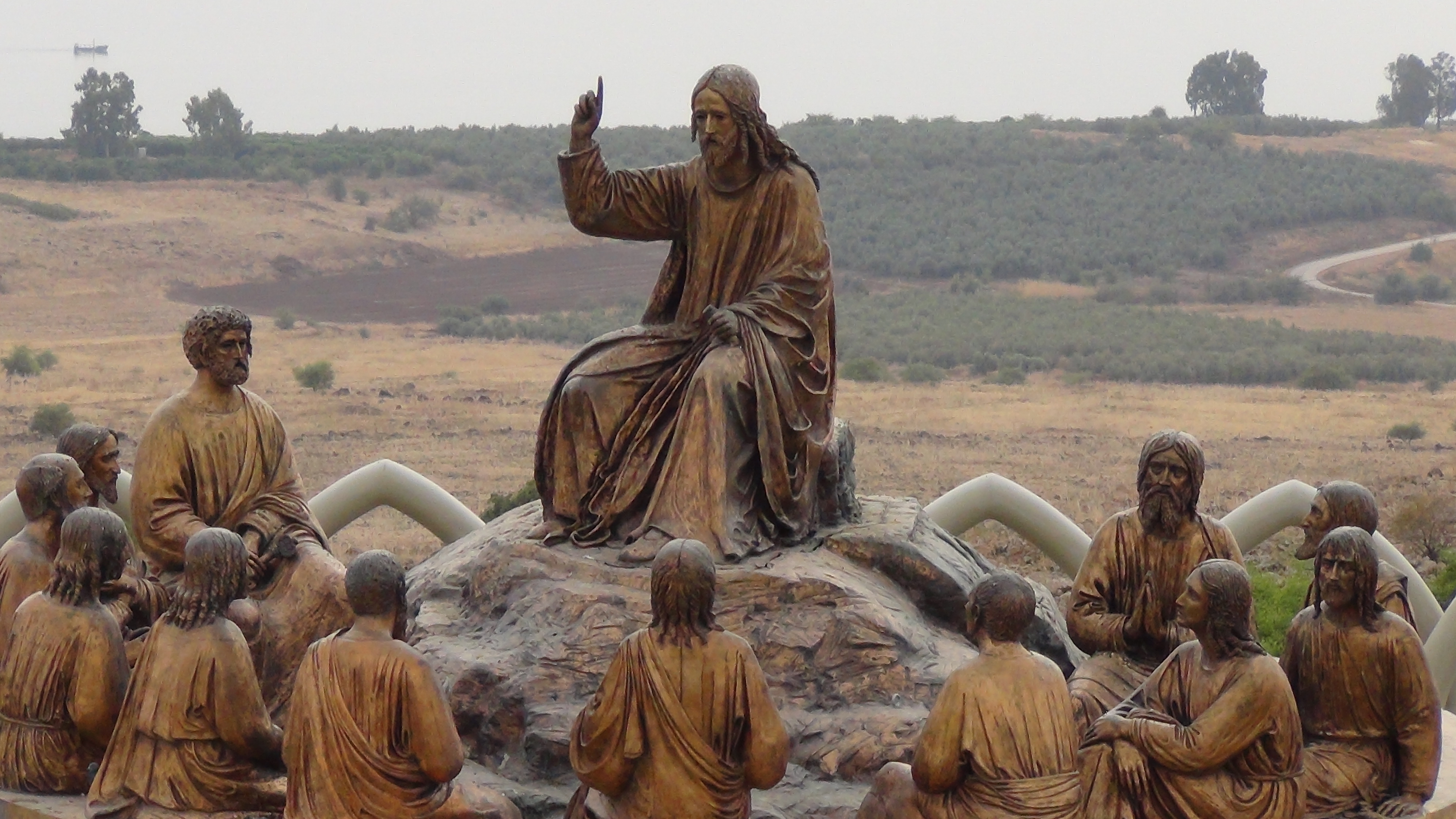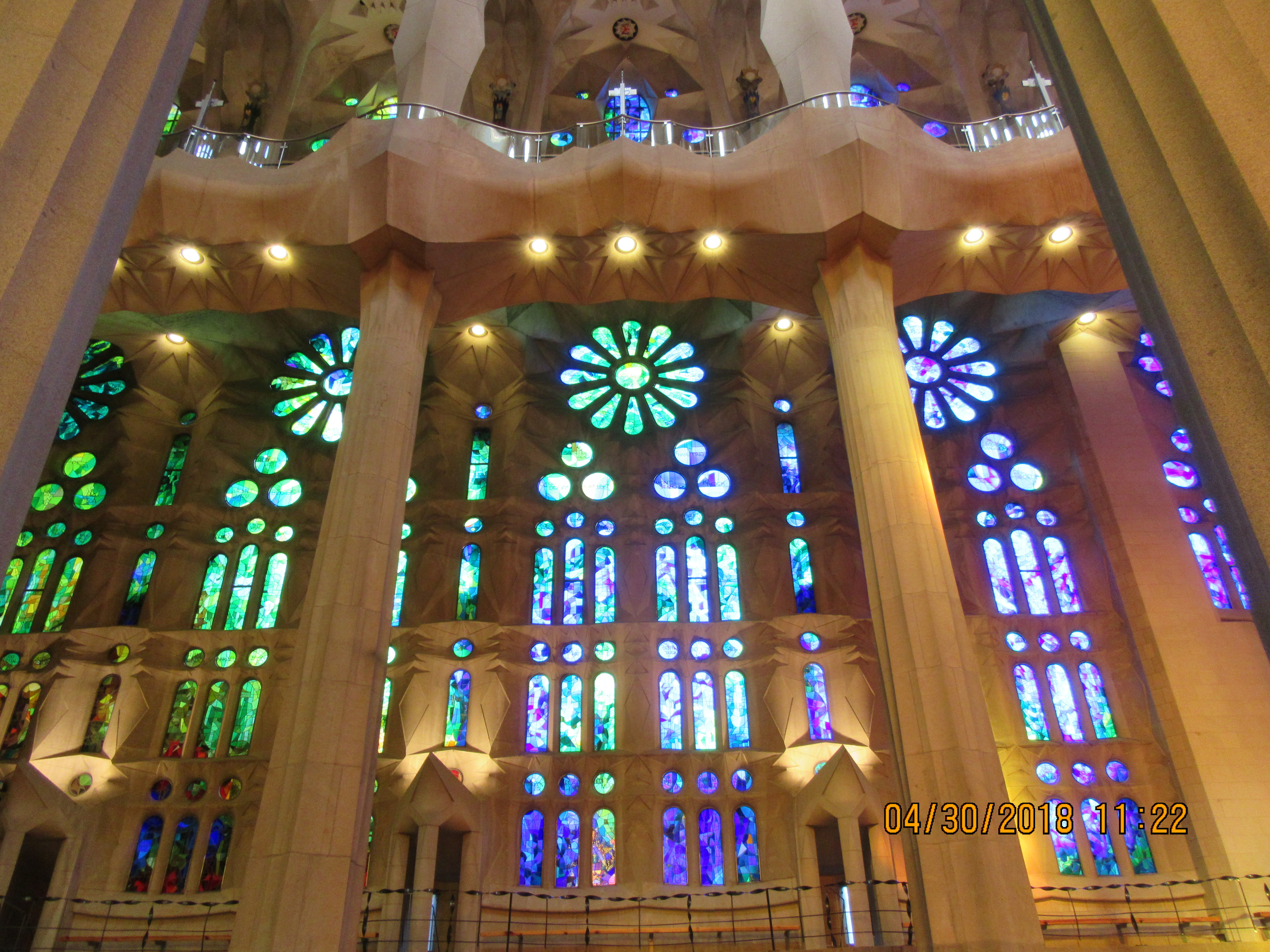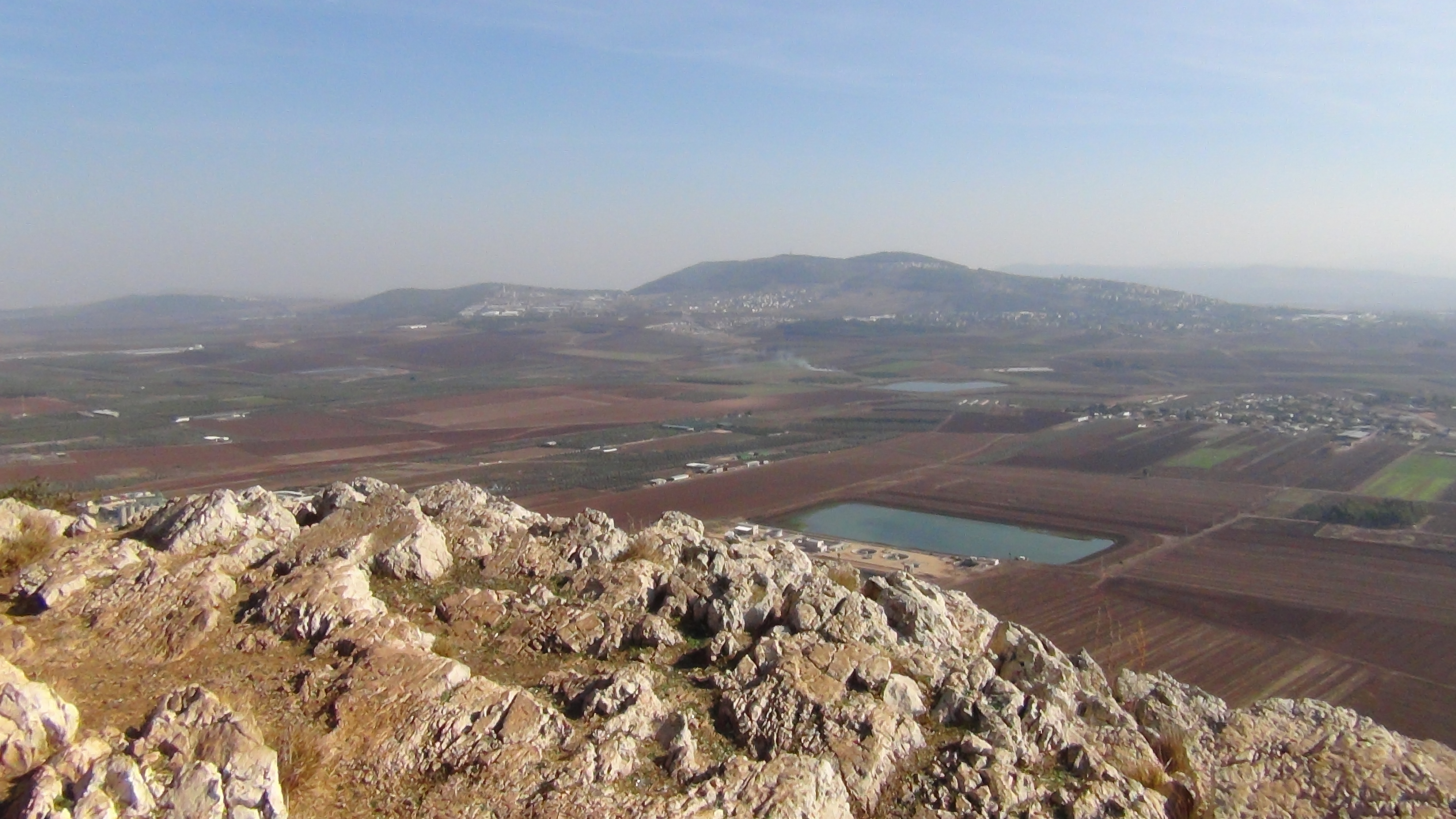Acts 5: 27-32, 40b-41; Ps 30: 2, 4-6, 11-13; Rev 5: 11-14; Jn 21: 1-19
“Follow me”. The core message of the call to Christianity is follow Jesus. In the third apparition of Jesus to his disciples Jesus continues to bestow on them the power to follow with the authority of Jesus. He has already appeared to them and called them to go forth with authority as he breathed on them in the first apparition with the words “Receive the Holy Spirit.” He has given them the power to forgive sins, “whose sins you forgive are forgiven them, whose sins you retain are retained”.
These disciples are now being given authority to be the witnesses of Jesus himself as apostles and carry forth with authority the will of the Father. What is their response? Jesus finds them back at their trade as fishermen going back to the day in which he first called them to follow him at the beginning of Jesus ministry. This is the process and the cycle of conversion and growth in holiness.
We have been called from the day of our baptism to follow not in weakness but in the power of the name of Jesus. Baptism has given us the virtues of faith, hope, and love to believe in God and to practice what we believe. In the waters of our baptism we are cleansed and we receive the Holy Spirit. It is the fire to grow in perfection living out the virtues of prudence, justice, fortitude, and temperance. This spirit of courage gives wisdom to understand in right judgment the will of the Father, seek justice for all, have the fortitude to act rightly, and the temperance of balancing the scales of love of God and love of other in our unity to him.
Then comes life in all its truth, goodness, beauty, and unity to be one with our creator, to “follow me”. Our response is often “I go my way.” The disciples have seen the miracles, the sacrifice of Jesus for them, the resurrection of the Lord, the fire of the Holy Spirit descend on them and they go seeking their way. Their way is often our way, the way of our comfort zone. We seek to return to what is known than to for forth into the unknown but that is not the cycle of life.
Life is always going forth into the unknown but not alone. In the unknown God is with us to lead the way. We are not the same person of our childhood, our youth, or our later stages of life. I am reminded that every five years our cells completely replicate and we are not the same person we were before. If we question that reality then just look in the mirror and be convinced. Not only our features change but we are in a transformation into someone new and the old passes away. The laws of physics are the force of motion forward and we must prepare for this destiny. Mortal life is but a fraction of this destiny thus we are called to vigilance and readiness to respond to the call of this moment. What is God asking of me to respond in faith, courage and love?
The unknown is the journey of faith what tomorrow brings us. It brings us growth and maturity for the young, hopes and dreams as we discover our gifts and God given graces, struggles and challenges in our obstacles that strengthen our spiritual muscle, and letting go to let God move in us to go forth and follow him. Our temptation is to hold on and not let go or let God be our God. We hold onto our self-image when God offers us his image. We hold onto our strong will that is unreceptive to the guidance of the spirit simply because as Jesus prayed, “they know not what they do”. We hold onto our control because of our insecurity when God offers us a power greater than ourselves. We also hold onto our sins because we find a false identity in our weakness and hide in our darkness of the soul.
The soul is given the light of Christ to be kept brightly burning, not looking back but going forward in this light. The disciples first left their nets to follow Jesus to be baptized, catechized, to live the passion with Christ and now receive the gifts of the Holy Spirit. Where does Jesus find them in today’s readings but back in the comfort of their trade still waiting for a messiah to come? Jesus has come for them and for us to go forth giving testimony of God’s real presence in our lives. Trust Jesus and your light will shine with the power of the word made flesh in our being.
Still they needed the real presence of Jesus to go forth after the resurrection. We need the real presence of Jesus to go forth in our lives. He makes himself present in our prayer life, in the Eucharist, and in our sacrifice of love for other. He is prepared to manifest his miracles through us and bring all to salvation. He instituted the church as one body of authority to carry forth his love in the sacraments and in fellowship as Christians.
Three times Jesus asks Peter “Do you love me?” Do we really love God? He waits for our answer with the rising of the sun to rise to follow him. He wants us to follow him by doing the will of the Father. Jesus lets Peter know his calling is “feed my sheep, tend my lambs”. We need more holy priests. We need them as pastors of the flock not administrators of the parish. To administer the parish is the “other duties as assigned” but the call is to be a pastor. A pastor tends to the spiritual needs of the people, administers the sacraments, and goes out to be with the flock in their world in order to call them back into God’s kingdom.
“Follow me” into the light and release the yoke of sin we carry with false pride. Our pride is in the one who gives us the power to follow in ways of truth, goodness, beauty, and unity. This is the resurrected life of our Easter time. This is living in the perfection of the Lord this day. We are in this moment in time called to follow. Fear not the call into the unknown but in unity to our God be open to amazing grace and we will be his apostles in Christ.





















Recent Comments